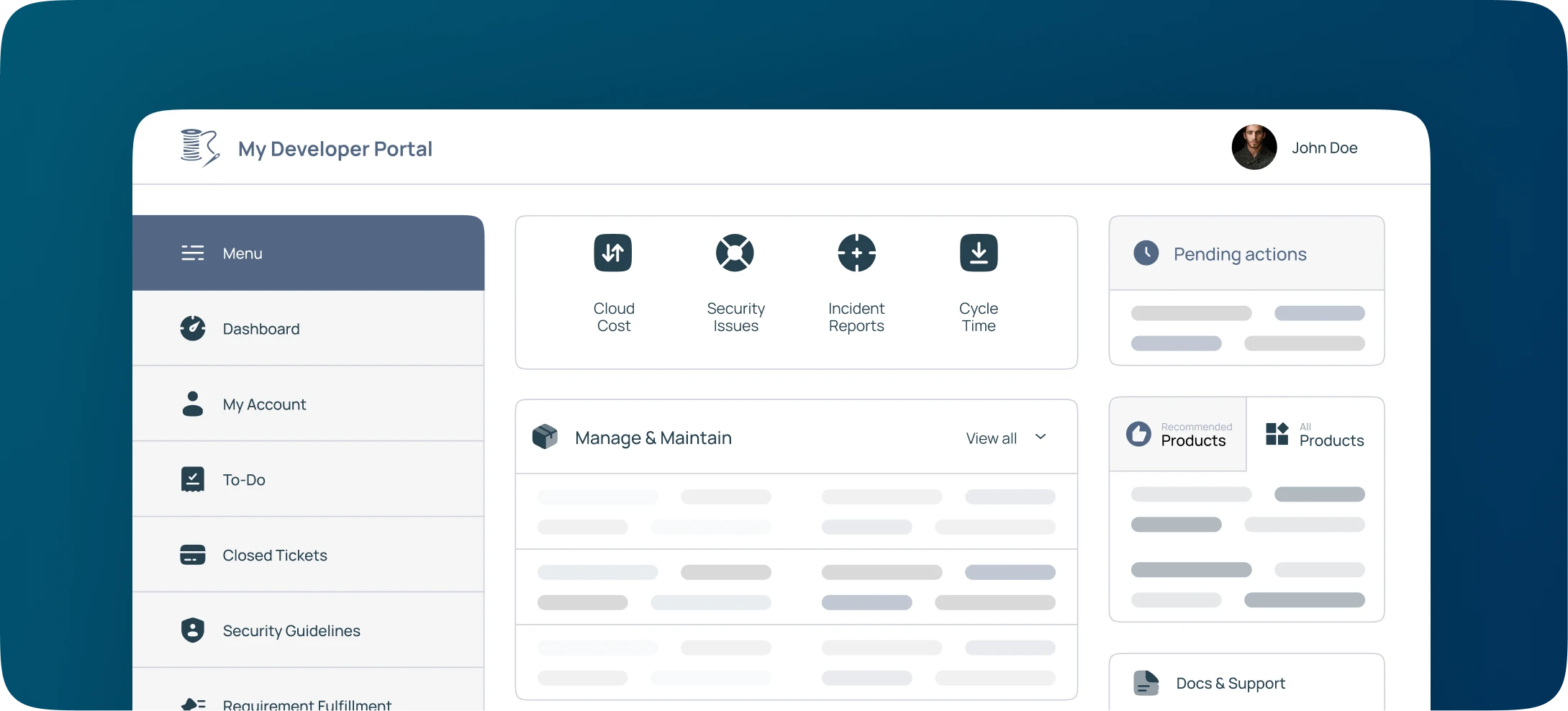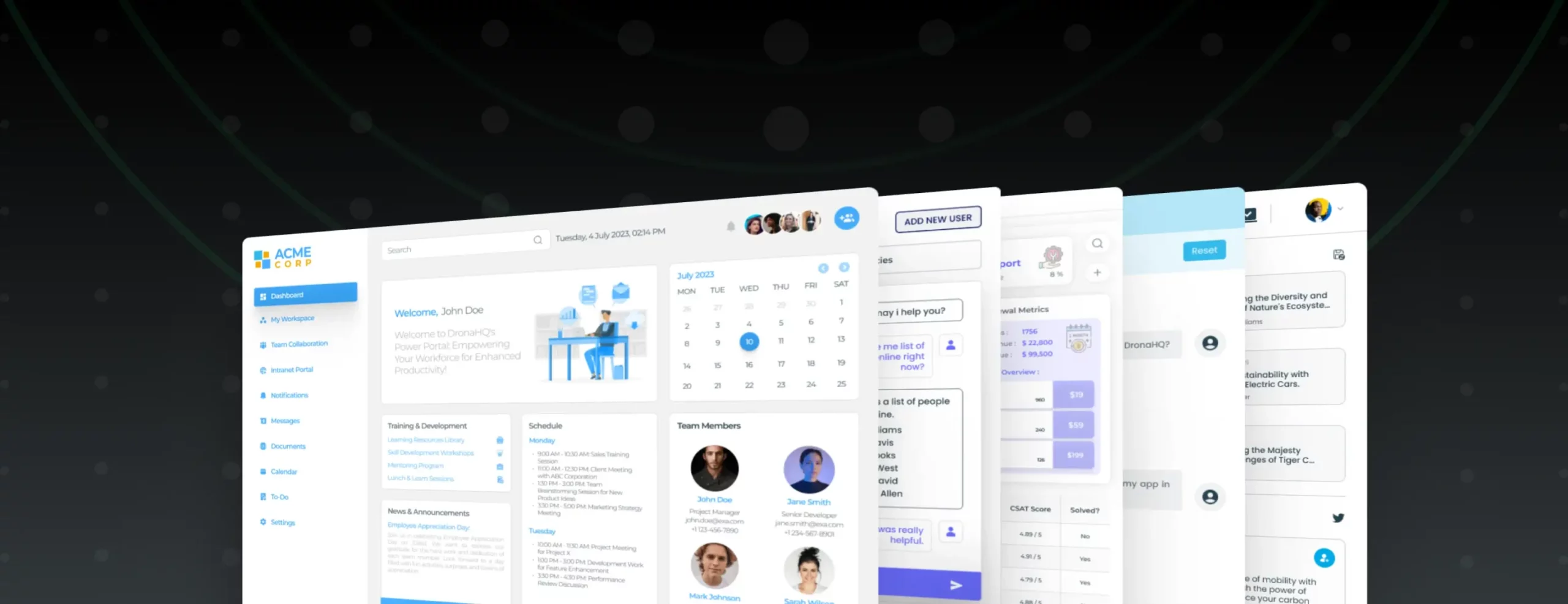
A day in a Life of an Engineering Manager
“As we look ahead into the next century, leaders will be those who empower others.”– Bill Gates
After surveying various reputed organizations, we came to know about the integral role of Engineering Managers. Most of you might be aware that they are the people who manage different engineering tasks, from collaborating with product teams to exploring the new open source technologies for delivering the best of the products.
If you are one of the Engineering Managers or preparing to be one, this article is for you. You must explore about a day in the life of an Engineering Manager to understand their professional life, challenges, expectations, and solutions.
How the Saga of a Software Engineering Manager Starts
Courtnie Takata-Lee, software engineering manager at Relativity, started as a web developer, evolved as a business analyst, and finally became a software engineering manager. She explained how her days of coding as a developer changed into days requiring effective collaboration, communication, and coordination.
Stan George, software engineering manager at Cat Digital, turned from a coder to a successful engineering manager. After his graduation and post-graduation, along with days of in-out coding, George now works with the product management team, encouraging engineers to explore new solutions and acting as the first line of defense against bugs and conflicting priorities.
After interviewing the various Engineering Managers from different backgrounds and companies, we realized that they finally landed the position where they needed to mentor the team of engineers while keeping the company’s priorities in mind.
Let’s dig deeper about Software Engineering Managers!
A Day in the Life of an Engineering Manager
Who are Engineering Managers? Are they expected to coach only? Do they have to be involved in coding also? You can look at the job description for Engineering managers to get the hint, or you can take a moment and continue reading.
From sharing technical knowledge with a team to deliver the best solutions to customers, an engineering manager plays multiple roles in a day. Let us have a look at a few major of them:
- Bridging gap between the engineering team and product team When we were surveying Sandeep Bindra, Senior Engineering Manager at Microsoft, he told us that EMs bridge the gap between the business aspirations of the product team and the technical aspirations of the engineering teams. Their role is to understand the respective aspirations, chalk out the development plans, and effectively communicate between the teams for ongoing coordination and constructive teamwork.
- Gaining expertise in 3Ps- People, Product, and Process Any engineering manager must understand the 3 Ps- People, Process, Product. Engineering Managers uphold the responsibility to bring in the right set of people in the team, train and retain them. They strive for the right set of “processes”/ engineering practices for efficient coding and the purpose of reusing them rather than reinventing. EMs work with the larger picture in mind towards the betterment of the product/ business in general, with technical skills/solutions as its enabler.
- Planning both short term and long term goals Nikhil Shrivastava, Engineering Manager at Thales, explained that the role played by Engineering Manager in a day is an amalgamation of long-term strategist and short-term achiever. Their responsibility involves:
- Anticipating the route for achieving the vision of their organization.
- Understanding potential sources of failures.
- Formulating development plans for both the long and short term.
In a day, EMs strive to make result-oriented decisions after studying the various data and statistics reports.
- Giving and Receiving Constructive Feedback On one end of the spectrum, EMs have their DAUs, MAUs, CTRs, W1-W4 user retention to increase, while on the other end, they want engineers to innovate, remove the technical debt, and bring in newer technologies.To balance both sides, EMs diligently look upon the reports and feedback related to customer interaction and work to deliver the best of customers’ experience. Absorbing feedback alone might not solve the problems alone, so EMs need to give feedback to product teams, development teams, and other related team members.
- Read, Learn and Reflect A day in the life of an Engineering Manager doesn’t end without:
- Reading about new trends, competitor’s reports, and feedback from customers,
- Learning the technologies gaining traction, insight from competitors’ analysis and needs of customers,
- Reflecting reading and learning in future plans and missions of the company.
Day-to-day Expectations from an Engineering Manager
Every role comes with expectations, so do with Engineering Managers. Let us have a glance at a few major of them:
- Effective Task Management: Scheduling meetings with both clients and internal teams, keeping track of various reports, and managing multiple things on multiple applications.
- Speedy delivery: Delivering tailor-made products, insights from analytics for the operation team, and instructions to developers in a time-efficient manner.
- Technical Know-How: Knowledge of coding language, workflows, custom tools for product development, and various other skills.
- Aligning knowledge with goals: Knowing without implementing in the right manner is futile and of no use. EM is expected to reflect absorbed expertise in product development while managing their engineering teams.
Summing Up
To summarise we can say that being an Engineering Manager is not at all easy. EM is expected to guide teams in developing efficient products that impact both a large existing user base and potential clients. This includes a series of meetings, mentoring team members, understanding clients, and much more. Above that EM is expected to perform their responsibilities with full zeal and without losing patience.
EMs face a number of challenges on a day-to-day basis. However, one of the latest technologies can ease out the stress of EMs and help them in working efficiently- Low code technology.
Low-code technology makes GTM faster with reusable components, quickly building the front-end with drag and drop tools, easily connecting to any data source, services, to one-click deployment. On the whole, the productivity of developers increases.
Business teams can also collaborate and assist in building the app and updates.
To have a detailed understanding of low code app development platforms, drag and drop app builders for integration and automation, etc., you can wait for our next article!
If you are one of the engineering managers and think that we missed something, do write to us in the comment section below.



